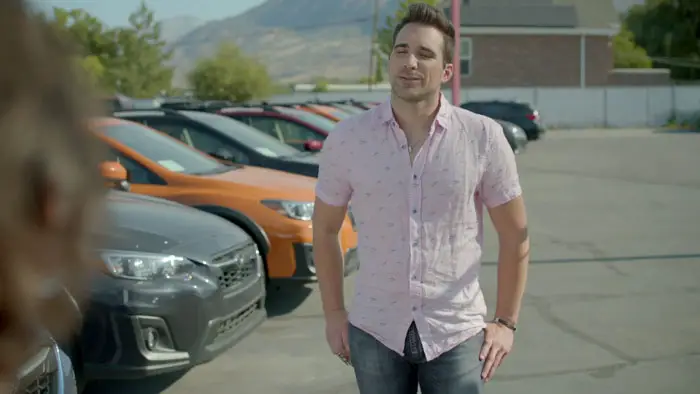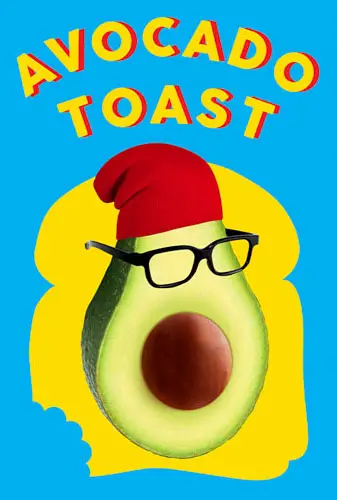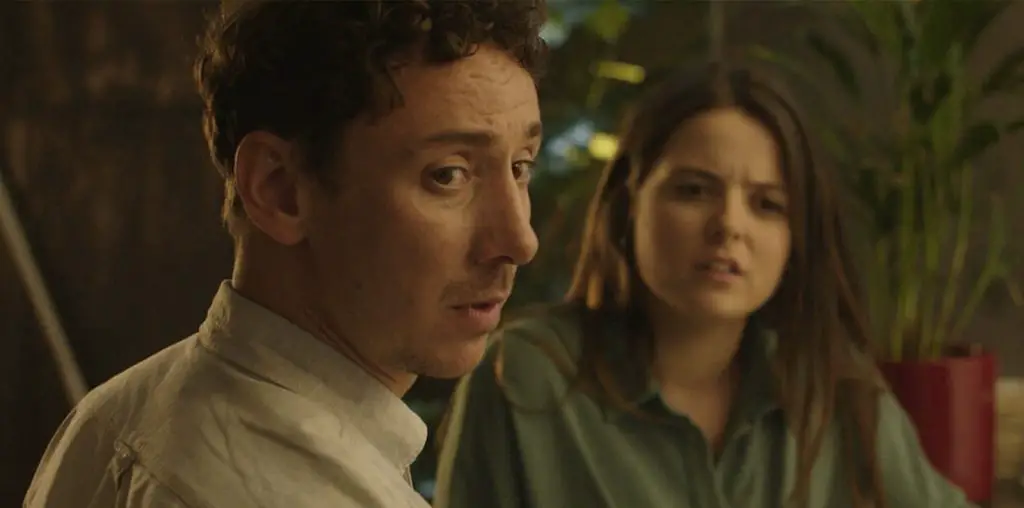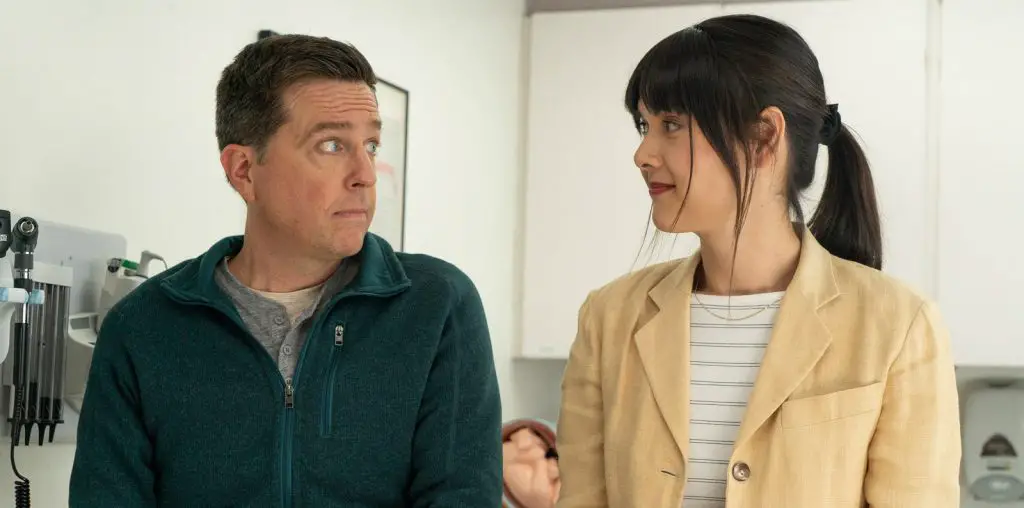
Millennials have generally received a bad rap in the public eye, seen as a self-absorbed “Me Generation” whose primary life stress comes from their social media updates and ensuring their coffee order is correct. And every trope you can imagine assigned to them is played out in writer/director Tyler Farr’s Avocado Toast; as if the title did not already give it away.
The film opens with Adam (Justin Ray) and his buddy Matt (Joe Burns) hanging on the couch playing video games and trading barbs, much like Seth Rogen and Paul Rudd in The 40-Year-Old Virgin. Then, Matt drops a bomb: he is enjoying an affair and unphased about the effects on his wife and children at home. He blames his actions on his generation’s laissez-faire attitude towards life. Adam rebukes his pal’s actions, but the news causes him to re-evaluate his choices.
Adam has always considered himself more of a hard-working, rule-playing Generation X kind of guy, holding down a reliable job and a suburban home with his wife Jennifer (Jyllian Petrie) and two young children. As he examines his safe life, Adam undergoes a quarter-life crisis, leading him down a rabbit hole of bad choices as he reckons with his newfound identity as a Millenial. He is not aided much by his two other buddies, Teddy (Tito Livas) and Connor (Joshua Michael French), who seem equally as indifferent to Adam’s choices as Matt is to his family.

“…Adam undergoes a quarter-life crisis…”
On the plus side, Avocado Toast has the professional polish of a film with twice its budget. The lighting, sound, and set design are bright and crisp as the movie bounces from scene to scene. But when it comes to writing, Farr has much to learn of the humanity present in the obvious influences from which he cribs, most notably Judd Apatow. The gang of guys all feels familiar, with Burns as a spitting image of T.J. Millier and French as the requisite slovenly friend usually played by Seth Rogen.
Justin Ray works overtime here as Adam, as the movie often plays out scenes of inner-monologue. For example, we get a quick flashback of high-school-aged Adam as a roving school reporter. He’s engaging and attempting to make the most with what he’s given. Additionally, Petrie, as Adam’s suffering saint of a wife, and Mikayla Iverson, as Adam’s barista boss, are criminally underserved here. Their characters are mere window dressing, but both demonstrate their ability to handle far more than the scraps offered here.
But perhaps where Avocado Toast makes its biggest mistake is by thinking the audience would find Adam’s entitled, whining journey engaging. Despite Ray’s best efforts to squeeze out any compassion, the screenplay makes Adam a spurious, wretched monster. Adam’s self-serving journey causes him to casually let his wife worry about the bills. He gleefully shrugs off his daughter’s violin recital and heads down the same path he chastised Matt for in the beginning. All the while, his pals either cheer on his boorish behavior or actively take part in it.
Farr clearly has a sharp eye for staging comic setups and enlisting talent to cover solid material. But he should perhaps stay far away from writing his next feature or take notes from Apatow on how to craft characters who can still make poor choices but possess a glimmer of heart and are worth investing our time. As it stands, Avocado Toast gets a lot of mileage out of its cast, but they are playing annoying characters.

"…gets a lot of mileage out of its cast..."


